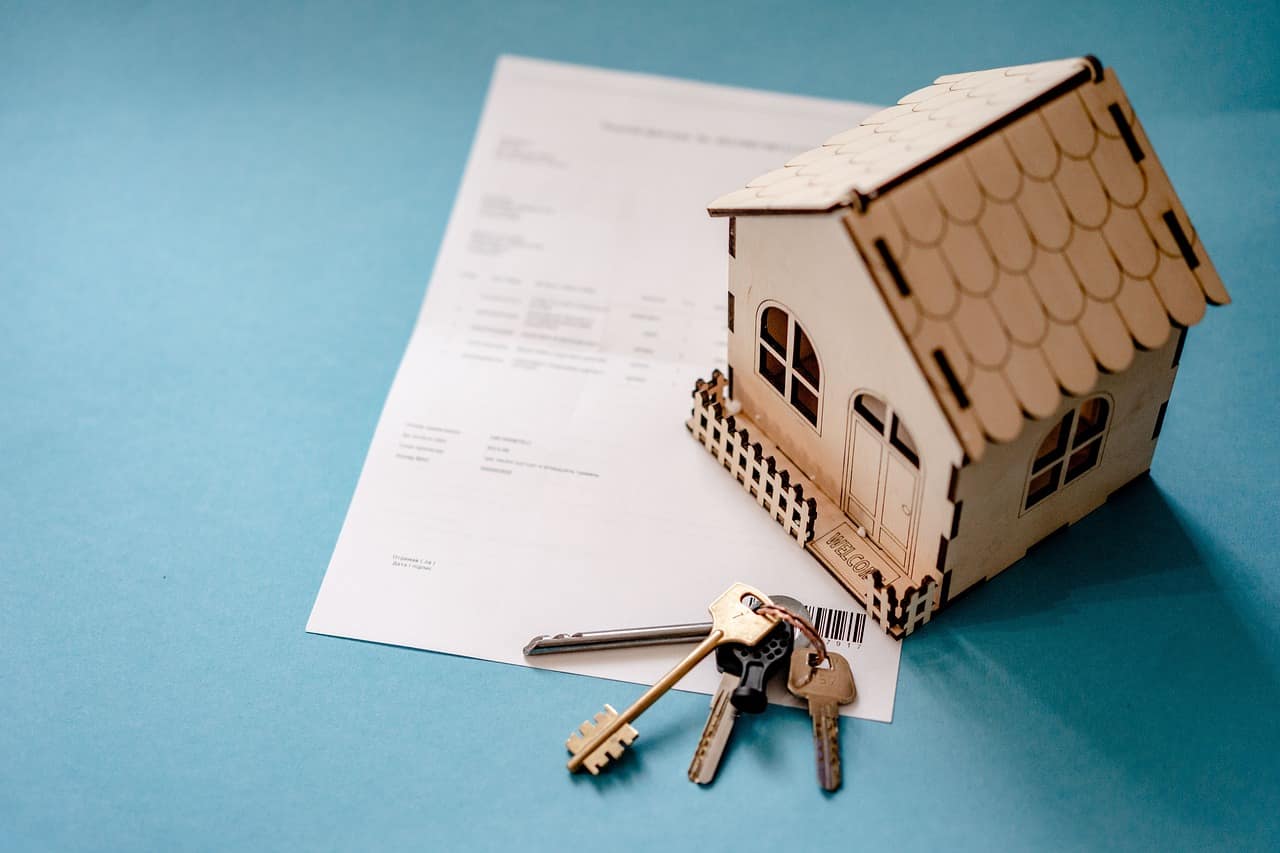In the unpredictable world of real estate, property owners face a myriad of risks that can potentially lead to substantial financial losses. Residential and commercial properties are vulnerable to various perils, including natural disasters, accidents, and unforeseen events. To mitigate these risks, property owners often turn to property damage insurance.
This article delves into the nuances of residential and commercial property damage insurance, examining the coverage, benefits, and considerations associated with safeguarding these valuable investments. Visit on Statewide Adjustingfor more information.
Contents
Residential Property Damage Insurance:
Comprehensive Coverage for Homeowners:
Residential property damage insurance is designed to protect homeowners from the financial fallout of unforeseen events. This type of insurance typically covers damages caused by natural disasters such as floods, earthquakes, hurricanes, and fires. It may also extend coverage to incidents like burglary, vandalism, and accidental damage.
Insurance policies for residential properties vary, and homeowners can choose from a range of coverage options. Standard policies usually cover the structure of the home, personal belongings, and liability protection. Homeowners should carefully review and customize their policies to ensure adequate protection against potential risks.
Factors Influencing Residential Insurance Premiums:
The cost of residential property damage insurance premiums is influenced by several factors. Location plays a crucial role, with properties in high-risk areas, such as flood-prone regions or earthquake zones, attracting higher premiums. The age and condition of the property, as well as the chosen coverage limits, also impact the cost of insurance.
Additionally, homeowners can take steps to lower their premiums by implementing safety measures, such as installing security systems, smoke detectors, and reinforced roofing. Understanding these factors allows homeowners to make informed decisions when selecting insurance coverage.
Commercial Property Damage Insurance:
Protecting Business Assets:
Commercial property damage insurance is vital for businesses seeking to safeguard their physical assets. This type of insurance covers damages to buildings, equipment, inventory, and other business-related property. It provides financial protection against perils such as fire, theft, vandalism, and natural disasters.
For commercial property owners, selecting the right insurance policy involves evaluating the unique risks associated with their business operations. Customizable coverage options are available to address specific needs, ensuring comprehensive protection for the diverse assets within a commercial property.
Business Interruption Coverage:
One crucial aspect of commercial property damage insurance is business interruption coverage. This component compensates businesses for lost income and additional expenses incurred during the restoration period following a covered event. It helps businesses recover from the financial impact of property damage by covering ongoing expenses such as rent, employee salaries, and utilities.
Understanding the nuances of business interruption coverage is essential for commercial property owners, as it can make a significant difference in the ability to bounce back from a catastrophic event.
Considerations for Both Residential and Commercial Property Insurance
Heading Deductibles and Policy Limits:
Both residential and commercial property damage insurance policies typically include deductibles and policy limits. The deductible is the amount the policyholder is responsible for paying before the insurance coverage kicks in. Policy limits, on the other hand, represent the maximum amount the insurance company will pay for covered damages.
Property owners should carefully review these aspects and choose deductibles and policy limits that align with their financial capabilities and risk tolerance. Striking the right balance ensures adequate coverage without unnecessarily inflating insurance costs.
Regular Policy Reviews and Updates:
Property owners should not consider their insurance policies as static documents. Regular reviews and updates are essential, especially when there are changes to the property or its usage. For instance, home renovations, additions, or changes in business operations in a commercial property can impact insurance needs. Staying proactive in updating policies ensures that coverage remains relevant and effective.
Conclusion:
Residential and commercial property damage insurance serves as a crucial safety net for property owners, offering financial protection against a wide range of risks. Whether it’s safeguarding a family home or protecting a business investment, understanding the nuances of insurance coverage is key to making informed decisions.
By considering factors such as location, coverage options, and ongoing policy reviews, property owners can navigate the complex landscape of property damage insurance with confidence, ensuring that their investments remain secure in the face of unforeseen events.
Latest Posts!



